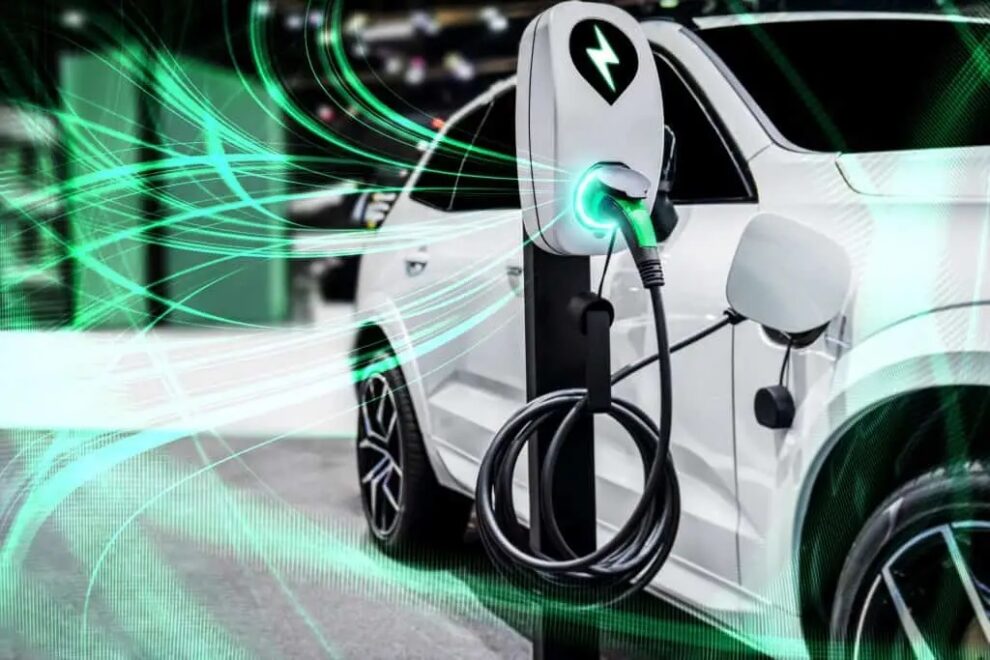Contemporary Amperex Technology (CATL), the world’s leading battery manufacturer, has unveiled a groundbreaking sodium-ion battery capable of operating at temperatures as low as minus 40 degrees Fahrenheit, potentially solving one of the most significant challenges facing electric vehicle adoption in cold climates.
This second-generation power pack represents a major leap forward in battery technology, dramatically outperforming traditional lithium-ion batteries that typically operate optimally between 60 and 110 degrees Fahrenheit. The innovation addresses a crucial limitation of current electric vehicles, which can lose up to 12% of their driving range at just 20 degrees Fahrenheit, a common winter temperature in many regions.
CATL’s breakthrough employs sodium ions as an alternative to lithium, utilizing a similar principle where ions move between electrodes through an electrolyte. This approach offers several significant advantages beyond cold-weather performance, including lower production costs, more environmentally friendly manufacturing processes, and increased temperature resilience. These improvements could help overcome persistent concerns about battery performance in extreme weather conditions.
The development comes at a crucial time in the evolution of electric vehicle technology, as manufacturers and researchers worldwide race to create more efficient and resilient power solutions. Companies like BYD are also exploring sodium-based alternatives, signaling a potential shift in the industry’s approach to battery technology. While current sodium-ion batteries typically offer lower energy density compared to their lithium counterparts, ongoing research shows promising improvements in this area.
For CATL, this announcement adds to an impressive track record of battery innovations. As the global leader in battery production, the company has consistently pushed boundaries in the field, recently achieving significant milestones in hybrid vehicle battery technology. Their latest advancement could prove instrumental in accelerating the adoption of electric vehicles, particularly in regions with harsh winter climates.
The environmental implications of this technology are substantial. Electric vehicle adoption already offers significant benefits, with typical savings of $1,500 annually in fuel and maintenance costs per vehicle. More importantly, the switch to electric vehicles can reduce thousands of pounds of air pollution per year, even in areas where fossil fuels remain the primary source of electricity for charging.
This development gains additional significance against the backdrop of growing environmental concerns. Recent studies have linked the combination of human-caused warming and natural weather patterns to dangerous temperature increases in bodies of water like the North Sea, threatening marine ecosystems. Improved battery technology could play a crucial role in accelerating the transition away from fossil fuel-dependent transportation, helping to mitigate these environmental impacts.
The practical applications of CATL’s sodium-ion technology extend beyond just cold weather performance. The resilience of sodium ions to temperature extremes makes them potentially valuable in a wide range of climate conditions, offering more consistent performance across varying environments. This versatility could help standardize electric vehicle performance globally, regardless of local weather patterns.
Looking ahead, the commercialization of this technology could mark a turning point in electric vehicle adoption. By addressing one of the most significant practical concerns about electric vehicle operation in cold climates, CATL’s innovation might help overcome consumer hesitation about transitioning to electric transportation, particularly in regions with severe winters.
As global efforts to reduce carbon emissions intensify, technologies like CATL’s sodium-ion battery represent crucial advances in making electric vehicles more practical and accessible. The combination of improved performance, lower costs, and reduced environmental impact in manufacturing could help accelerate the global transition to sustainable transportation, contributing to broader climate change mitigation efforts.
This development signals a potential paradigm shift in electric vehicle technology, promising to eliminate one of the last major practical barriers to widespread adoption. As CATL works to bring this technology to market, the automotive industry watches closely, recognizing the potential for these advanced batteries to reshape the future of transportation.
















Add Comment